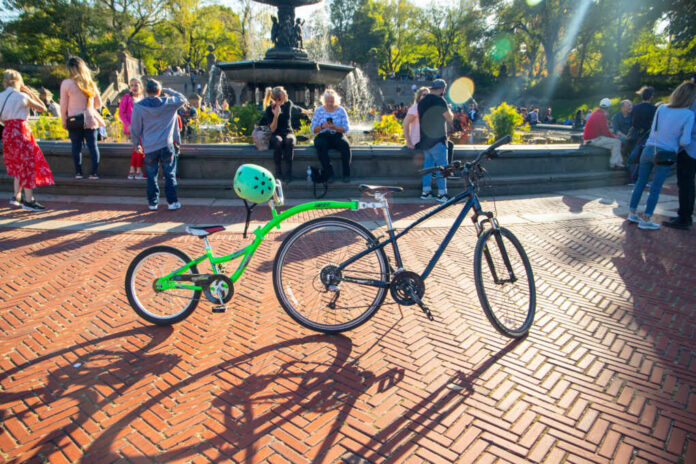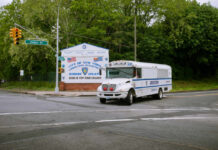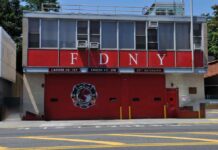
The recent revelation that young migrants are behind a series of “wolfpack” style robberies in Central Park has thrust New York City’s migrant crisis into the national spotlight. This development raises complex questions about urban safety, immigration policy, and the challenges of integrating newcomers into American society.
NYPD Chief of Patrol John Chell’s statement that “young migrants who are committing these robberies” has ignited a firestorm of debate. The robberies, characterized by groups overwhelming individual victims, have primarily occurred in the southern part of the iconic park.
Gov. Ron DeSantis (R-FL) commented on the situation: “This is a prime example of how unchecked illegal immigration can impact public safety. We need to prioritize the security of American citizens.”
The NYPD’s planned response, including drone deployment and increased patrols, has been met with mixed reactions. While some welcome the enhanced security measures, others express concerns about potential overreach and privacy implications.
Alan Kemp, a 68-year-old food vendor in the park, voiced the fears of many: “I can’t afford to get robbed, ripped off, mugged, stabbed. Not at my age.”
This situation highlights the complex challenges cities face in managing large influxes of migrants. Critics argue that more comprehensive support systems are needed to prevent vulnerable young migrants from turning to crime.
As the debate unfolds, it’s clear that this issue extends far beyond Central Park, touching on core questions about immigration policy, urban governance, and the balance between compassion and security in American society.




























